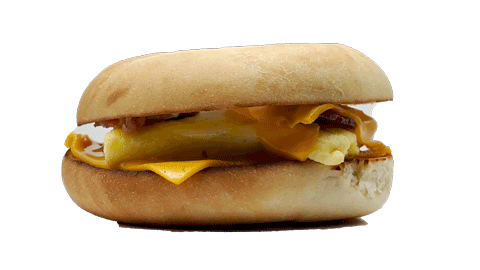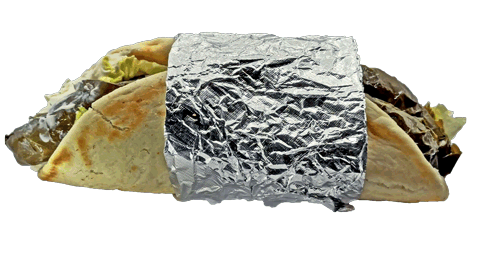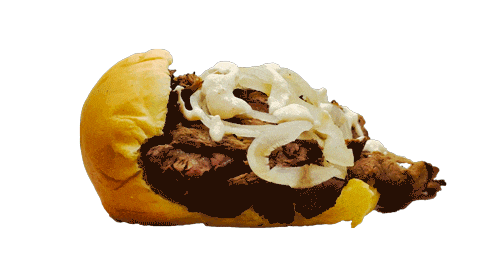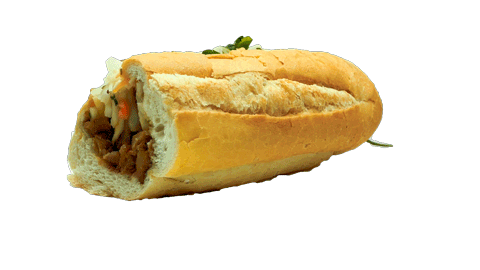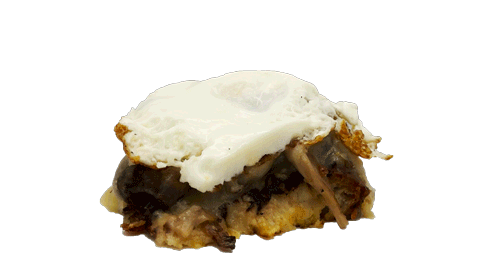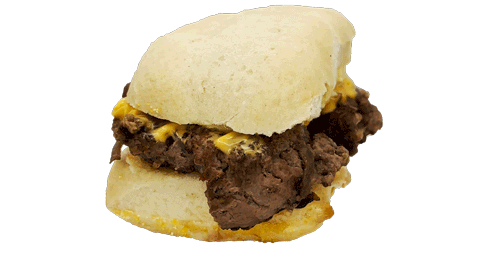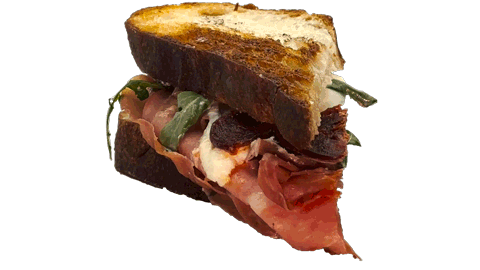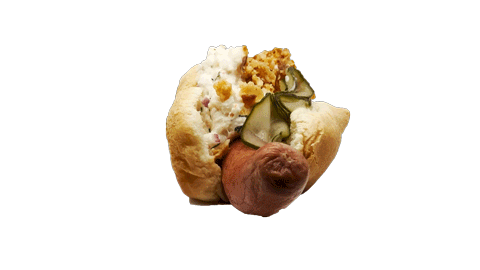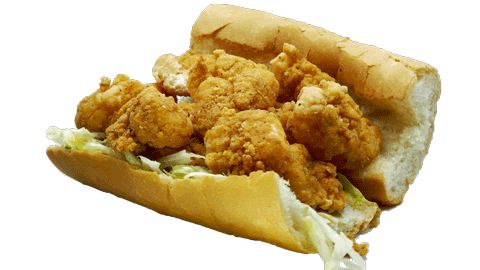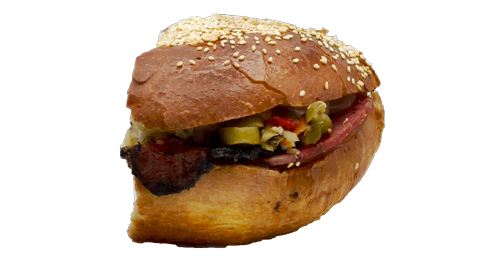Can You Try To Draw Shelly Please? ●v●
Can you try to draw shelly please? ●v●

ya i can try
More Posts from Pphalaen0psis and Others
changing this blog to be more general lol

I personally feel that whole thing about about Haiji’s erm... “preferences”... was intended to distract the viewer from his plot-relevant flaws. Yes, he's a disgusting creep which is blatantly stated, BUT he's also a power-hungry, violent, hot-headed, spoiled rich asshole with a god complex. He truly believes that both he and his father are incapable of any wrongdoing, and treated his half-sister like an alien because he was too prideful to accept her into his family. And in the end, he never once entertained the thought of himself as being a root cause of Monaca’s villainy.
On the Motivations of Nagisa Shingetsu’s Father: A Short Analysis
Something that people tend to misconstrue about Nagisa’s father is that he actually wanted his son to have flawless academic performance. In reality, the conditioning to strive for absolute perfection was merely a part of the manipulation (or in more scientific terms, the independent variable) of the experiment he conducted on his son. In Nagisa’s own words:
“My parents raised me like they were levelling me up in some game… They didn’t even treat me like a person […] My father was a teacher at our school, he was a researcher of children’s talent. He used his own son to research the growth of a child’s talent. He wanted to see what the growth curve would be like if he pushed a child to the breaking point… Isn’t that funny? I was the subject of such an amusing experiment.”
So now we have evidence that Dr. (?)* Shingetsu was not placing high expectations on Nagisa because he wanted him to succeed, but rather out of morbid scientific curiosity. Below is an excerpt from the man himself:
“I cannot obtain the result I was expecting with my experiment. I cannot discern whether the environment or the subject himself is the problem. I shall look into the experiment conditions in more detail.
Until now, I have used solely visual observation, but I should erect cameras to watch the subject at all times and discipline the subject when resting longer than allowed.
If I do not obtain any desirable results with the experiment, I will conclude that the problem lies within the subject, and change my experimental target.”
One thing to note is that it is unclear what his desired results are. According to Nagisa, he was apparently researching the growth curve of a child’s academic talent under extreme stress— however, we should be aware that Nagisa is likely an unreliable narrator due to his conditioned biases**. Although a common interpretation is that Dr. Shingetsu was expecting an increase in Nagisa’s performance, there are two main factors that disprove this:
1. Nagisa states that during the experiment, his father would force him to study for several days straight using intravenous analeptics, threats, and corporal punishment. The exact drug he used is unknown, but it is likely either doxapram, due to it being administered intravenously, or amphetamines, which are noted to have cognitive-enhancing abilities. However, the overuse of analeptic stimulants can cause cardiovascular problems, as does stress and sleep deprivation. In this environment, the likelihood of Nagisa suffering a stroke or heart failure increased considerably. Dr. Shingetsu would definitely have known this.
2. Sleep deprivation and excessive stress are known to negatively impact cognitive function and development. Dr. Shingetsu would also have known this.
This begs the question: why would Dr. Shingetsu subject his son to conditions that could result in health hazards and/or declined performance if he wanted Nagisa’s academic success?
A possible answer is simply that the “desirable results” were actually a decline in performance. Perhaps Dr. Shingetsu wanted to find the point of absolute burnout where Nagisa would either barely function, or give up completely. Perhaps he was dissatisfied with Nagisa’s resilience to the experimental conditions. In the end, Dr. Shingetsu ultimately reaped the consequences of treating the Nuremburg Code as the Nuremburg Suggestions allowing his hunger for knowledge overpower his morality.
—
* Due to the nature of his research, it is most likely that Nagisa’s Father (referred to as Dr. Shingetsu for the sake of brevity) was a psychologist, particularly a developmental psychologist. He also likely held a doctorate degree.
** There are multiple instances of Nagisa being an unreliable narrator. In the referenced scene alone, there are two: one is his implication that Monaca was paralysed by Tokuichi and Haiji, when in reality, she feigned the severity of her injuries. The second is his claim that Junko truly loved the Warriors of Hope.

More animation! Ragatha spreading the love 💖💗💗
This was a fun one, albeit very difficult. Ragathas patches...her hair...why are you soo hard to animate!!! All has to look 3D, like its Turning in space.
There were many, many very funny cursed frames that I might share soon. But either way I'm really happy how this one turned out aswell, its less exaggerated than Pomnis animation but I was really aiming for cuteness and appeal with Ragatha here.
Enjoy!! 😊
being on tumblr for a long time but never reading homestuck like

I’ve had this udg theory for a while, and I guess it’s time to share it: what if part of the reason Monaca tried to get Nagisa killed was out of jealousy?
I mean, think about it. Hear me out:
Nagisa was considered an “elite” because of his academic achievements. He was widely recognised as being intelligent, despite that being learned rather than inherent.
On the other hand you have the naturally intelligent Monaca who was only known for being the sweet, friendly, “life of the party” girl. For all she had to offer, nobody truly recognised her achievements, or cared about her.
Now consider Monaca’s dialogue during the infamous kiss scene. No, not that part. I mean this:
“You have such a hard time, everyone has high expectations of you because you’re so smart. And you even have high expectations of yourself. And you’re always suffering from that, right?”
You can almost sense that there’s undertones of anger and sarcasm in there. It’s as if she’s saying: “Ohh wooow. You’re burdened by everyone’s high expectations of you because you’re sooooo smart. That must be soooo hard for you.” And then she follows it up with:
“But Monaca won’t expect anything of you. From the very start I never expected anything of you. That’s why I kept the Successor a secret. After all, you’re just a weak, weak little child that no one expects anything from. Maybe nobody ever expected anything if you in the first place. You probably just thought they did.”
There’s two ways to interpret this. One is that she’s taunting him out of boiling jealousy and rage, and the other is that she’s projecting her own trauma. Or both.
It’s kind of difficult to tell, because we never really see Monaca blatantly express anger (aside from her feigned tantrums, which don’t really count). Perhaps she’s so used to her feelings being dismissed that she only expresses it through passive aggression or quiet anger. Or maybe I’m thinking too deeply into this. Idk.
-
 the-tea-man liked this · 1 week ago
the-tea-man liked this · 1 week ago -
 doly1932 liked this · 1 week ago
doly1932 liked this · 1 week ago -
 blackholebunny liked this · 2 weeks ago
blackholebunny liked this · 2 weeks ago -
 viney-1 liked this · 2 weeks ago
viney-1 liked this · 2 weeks ago -
 toasttricksterjam liked this · 3 weeks ago
toasttricksterjam liked this · 3 weeks ago -
 ftdeerborne liked this · 3 weeks ago
ftdeerborne liked this · 3 weeks ago -
 kukonginko liked this · 3 weeks ago
kukonginko liked this · 3 weeks ago -
 kittykatchao reblogged this · 3 weeks ago
kittykatchao reblogged this · 3 weeks ago -
 kittykatchao liked this · 3 weeks ago
kittykatchao liked this · 3 weeks ago -
 mewdragonlord101 liked this · 3 weeks ago
mewdragonlord101 liked this · 3 weeks ago -
 manyminded reblogged this · 3 weeks ago
manyminded reblogged this · 3 weeks ago -
 pseudovillain liked this · 3 weeks ago
pseudovillain liked this · 3 weeks ago -
 lillianizlazy liked this · 3 weeks ago
lillianizlazy liked this · 3 weeks ago -
 sme3thawaffl liked this · 3 weeks ago
sme3thawaffl liked this · 3 weeks ago -
 32483838 liked this · 3 weeks ago
32483838 liked this · 3 weeks ago -
 curseddx liked this · 3 weeks ago
curseddx liked this · 3 weeks ago -
 youreterriblecolors liked this · 4 weeks ago
youreterriblecolors liked this · 4 weeks ago -
 apologetic-artist liked this · 4 weeks ago
apologetic-artist liked this · 4 weeks ago -
 nadxd liked this · 4 weeks ago
nadxd liked this · 4 weeks ago -
 themanedbish liked this · 4 weeks ago
themanedbish liked this · 4 weeks ago -
 centaurs-a liked this · 1 month ago
centaurs-a liked this · 1 month ago -
 randomuserslol liked this · 1 month ago
randomuserslol liked this · 1 month ago -
 usernameigues liked this · 1 month ago
usernameigues liked this · 1 month ago -
 asteroiz liked this · 1 month ago
asteroiz liked this · 1 month ago -
 dannytheconfused liked this · 1 month ago
dannytheconfused liked this · 1 month ago -
 sprite-or-something liked this · 1 month ago
sprite-or-something liked this · 1 month ago -
 flibertigibit reblogged this · 1 month ago
flibertigibit reblogged this · 1 month ago -
 flibertigibit liked this · 1 month ago
flibertigibit liked this · 1 month ago -
 whos-lucy liked this · 1 month ago
whos-lucy liked this · 1 month ago -
 ink-and-13ones liked this · 1 month ago
ink-and-13ones liked this · 1 month ago -
 r0boticd1nosaur liked this · 1 month ago
r0boticd1nosaur liked this · 1 month ago -
 cosmoishere reblogged this · 1 month ago
cosmoishere reblogged this · 1 month ago -
 alphatonianight liked this · 1 month ago
alphatonianight liked this · 1 month ago -
 winterrrwolf14 liked this · 1 month ago
winterrrwolf14 liked this · 1 month ago -
 jimmothy101 liked this · 1 month ago
jimmothy101 liked this · 1 month ago -
 bucketkizuu liked this · 1 month ago
bucketkizuu liked this · 1 month ago -
 ratslovepinktoo liked this · 1 month ago
ratslovepinktoo liked this · 1 month ago -
 chocodrawstuff liked this · 1 month ago
chocodrawstuff liked this · 1 month ago -
 cryby-fm liked this · 1 month ago
cryby-fm liked this · 1 month ago -
 glorylotus reblogged this · 1 month ago
glorylotus reblogged this · 1 month ago -
 glorylotus liked this · 1 month ago
glorylotus liked this · 1 month ago -
 sirraynelot liked this · 1 month ago
sirraynelot liked this · 1 month ago -
 everest81 liked this · 1 month ago
everest81 liked this · 1 month ago -
 bored-dromaeosaur reblogged this · 1 month ago
bored-dromaeosaur reblogged this · 1 month ago -
 valenmakesthings liked this · 1 month ago
valenmakesthings liked this · 1 month ago -
 averyserval liked this · 1 month ago
averyserval liked this · 1 month ago -
 suray8 liked this · 1 month ago
suray8 liked this · 1 month ago -
 soapy4stinky liked this · 1 month ago
soapy4stinky liked this · 1 month ago -
 crayons-are-yummyy reblogged this · 1 month ago
crayons-are-yummyy reblogged this · 1 month ago
